Wednesday, August 22th in the afternoon, Concorto will host The Summer Connection, a space for international festivals, producers, directors and cinema professionals to meet and discuss the present and
the future of short films.
Evening screenings will begin with Dzenia, winner at Clermont Ferrand Festival, followed by O Órfão straight from Festival de Cannes, tells the story of a peculiar orphan. We’ll continue with Jerry, a surreal Polish comedy, and with Ugly, one of the most praised avant-garde works in circulation. Evening screenings will end with Matria, the story of women united by a family bond and Marguerite, the story of a woman who recovers a part of herself which had been buried away all her life. Later, don’t miss the screenings of the films from the category Mirrors dedicated to gender issues (find the reviews here). The night will end with the jolty Deep Night, a category for the strongest stomachs out there (click here for reviews). In the Boschetto, you can’t miss the jamming session of Les Fufies and the Rubbish!
Here follows the interview with Henrietta Rauth, co-protagonist of the movie Fucking Drama, Deep Night section.
Drzenia – Dawid Bodzak
as seen by Yorgos Kostianis
“Imagine finding yourself lost and afraid in a dark forest, surrounded by approaching, howling wolves… what would you do?”
This is the allegorical opening line of Drzenia (Tremors), winner of the Grand Prix at the prestigious Clermont-Ferrand Festival (2018). The film tells the story of Janek, a teenager afflicted by mysterious fits of tremors impacting him and the people around him.
Polish director Dawid Bodzak delves into themes of teenage angst, toxic masculinity and male bonding through a narrative style that drifts between realism and the dreamlike including a barnstorming performance by the protagonist that will leave you trembling in your seats.
O Órfão – Carolina Markowicz
as seen by Elena Saltarelli
About rejection and discrimination. These are the main topics of Carolina Markowitz’s short film, a Brazilian director who wanted to tell the real story of Jonathas, a young boy who was rejected by his foster family because of his feminine behavior. Without any rhetoric, this film succeeds in recounting the suffering provoked by the disgusting skittishness wherewith the couple gets rid of a newly adopted boy. The acting skills of the young protagonist are extremely touching as he manages to convey the idea of a dignity which outdoes cowardice and the evils of the world.
“That was meant to be – forget it” is a mantra that brings him back to the orphanages’ world, populated by the many outcasts with whom he’s growing up and moulding himself. This short film proves that a family is where you are loved, no matter where you are.
Jerry – Roman Przylipiak
as seen by Sofia Brugali
Jerry is a healer, but he is introduced to the spectator more as a money-grubbing quack then a real thaumaturge when he is punched in the face by Bartel, the disappointed and angry son of a customer. Nevertheless, as the story develops, we see him miraculously cure an ever-increasing group of sick and needy by using only his hands… Jerry also seems to be the name of the injured dog that the man finds in his garden the day before the first prodigious recovery and disappear with the new skills of his owner: is it just a coincidence? Which Jerry is the real holder of this very-beneficial power? Which Jerry is the main charachter, the one that gives the title to the short film? From Poland a tragicomedy that won’t fail to
confuse you.
Ugly – Nikita Diakur
as seen by Carlotta Magistris
Ugly, by the Russian Nikita Diakur, is a sort of allegorical tale whose plot follows the wanders of an ugly stray cat that’s looking for affection but is repeatedly rejected by those he meets on his path until he finally finds someone to take care of him. The simplicity of the plot is mirrored by an animation which creates a surreal, extremized, chaotic and occasionally violent universe standing in full contrast with the delicacy of the story. The story is told through a paradoxical aesthetics which creates a sense of alienation in the viewer and leads him to a full immersion in the computerized aesthetics where the story comes to life.
Matria – Alvaro Gago
as seen by Margherita Fontana
The short film by Alvaro Gago lands at Concorto after having collected several awards in many festivals around the world (among these, the Grand Jury Prize at Sundance 2018). In Matria we witness the consuming routine of Ramona: married to an off-putting and rough man, the woman divides herself between house care and work in the factory. Fooled and insulted by everyone, she finds a fragile peace in the love for her daughter and granddaughter. Matria (motherland) is a neologism used – among others – by Virginia Woolf and, later on, by the feminist movement as an alternative to the “fatherland”: it refers to the community of people made possible by women, by their being mothers, sisters, daughters, by their acceptance, sacrifice and care. The homonymous short film by Gago describes through a harsh narration this dramatic condition and the human force of such a powerful sacrifice.
Marguerite – Marianne Farley
Visto da Carlotta Magistris
Marguerite, a 2017 short movie shot by the Canadian Marianne Farley, is a delicate movie about a generational confront made of love and care between an ill old woman and her daily nurse, Rachel. With a slow rhythm and expressive close-ups to emphasise the differences and the connections between the two women, through the homosexual love story of Rachel the fragile main character Marguerite mentally recounts her own love story long forgotten, pulling out an old wound that now seems to leave the shadow of a smile poised between nostalgy and a slight
bitterness.

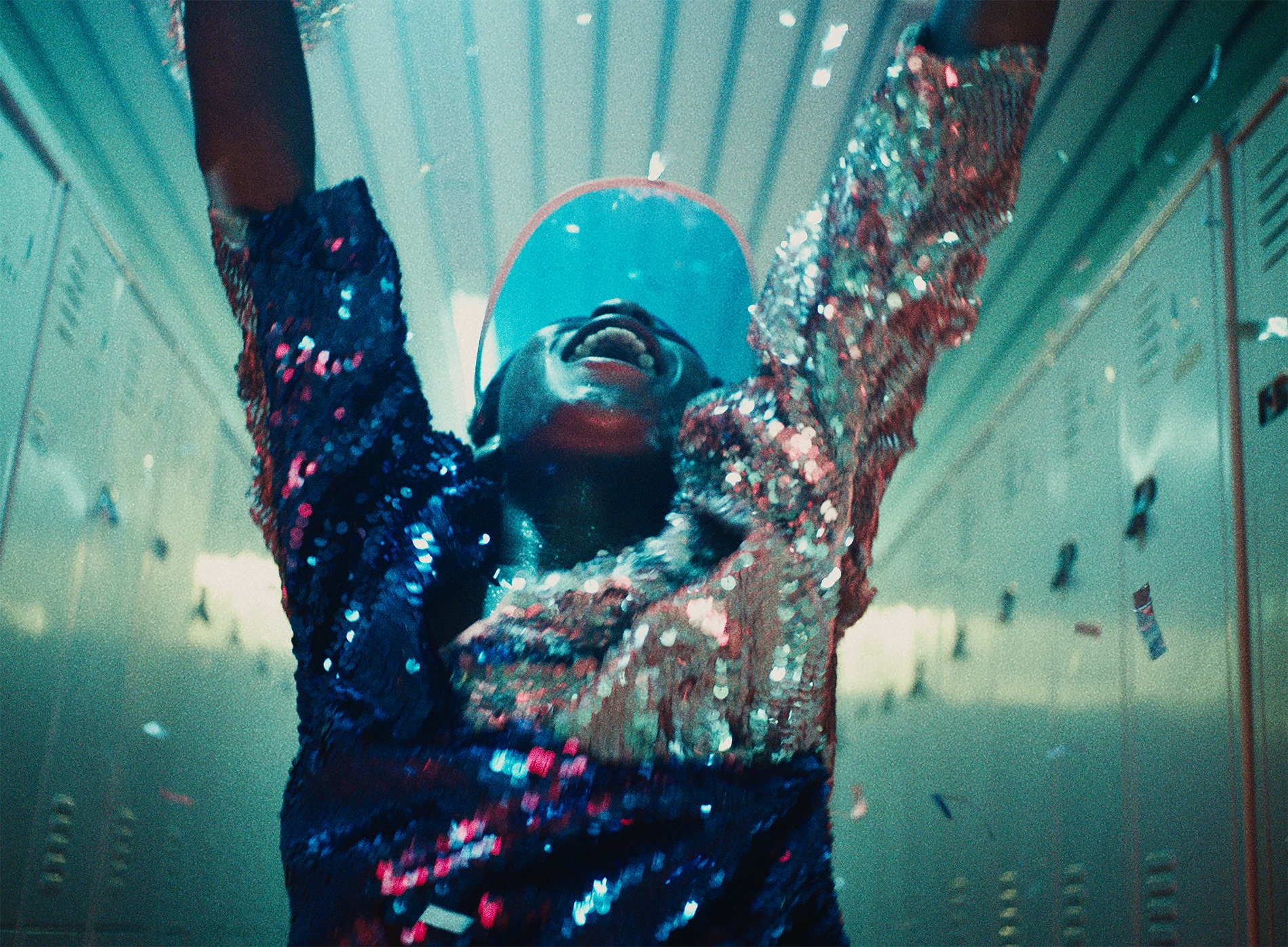
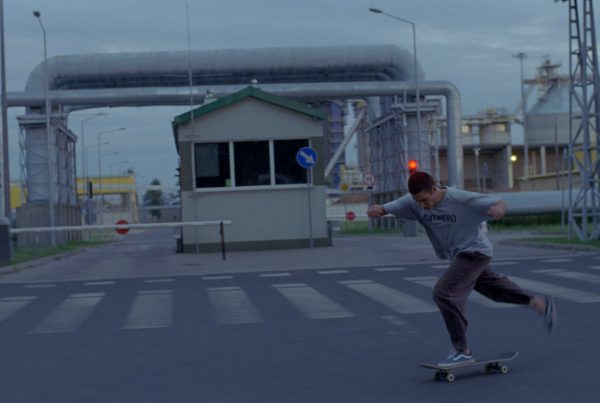
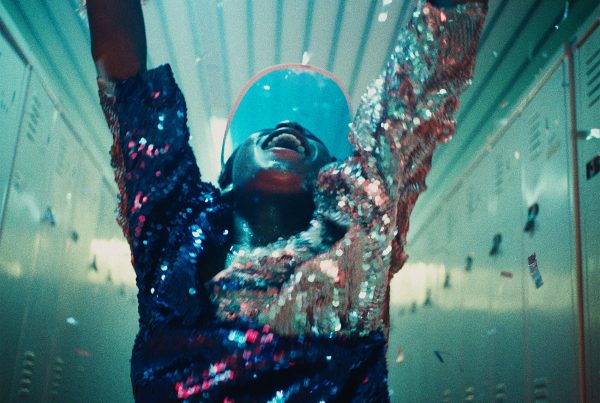
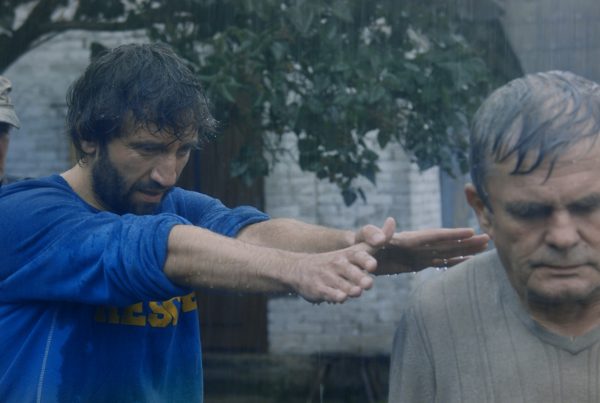

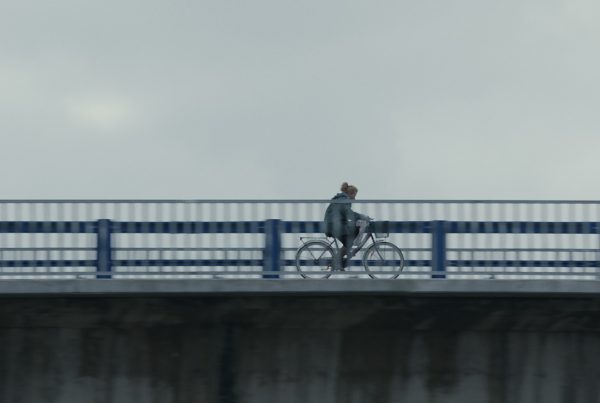






Commenti recenti